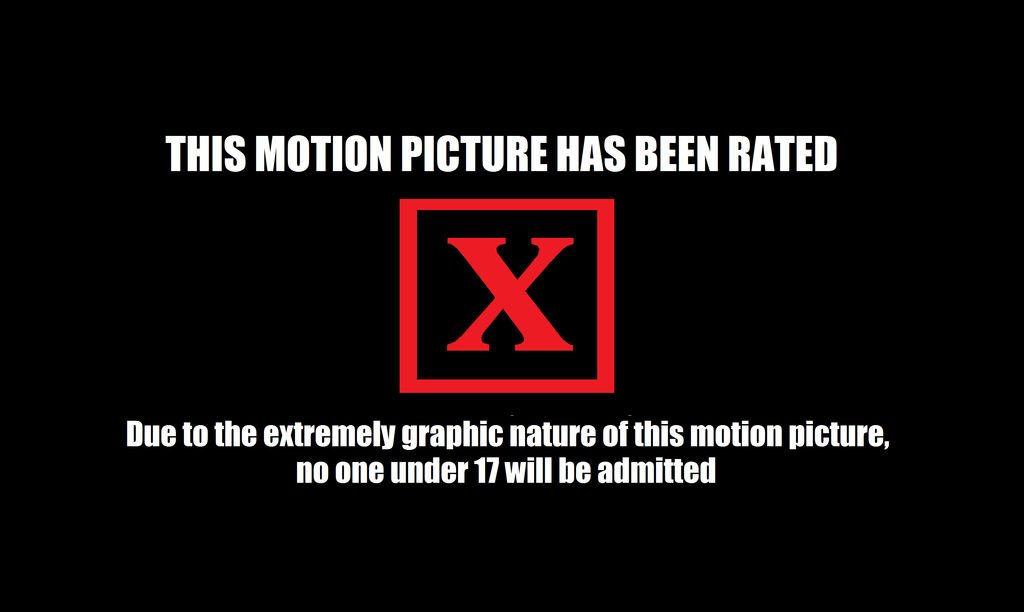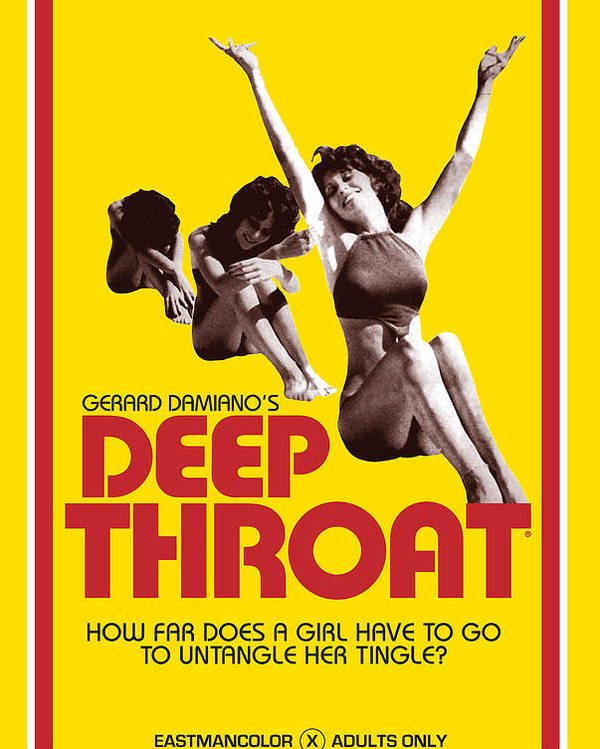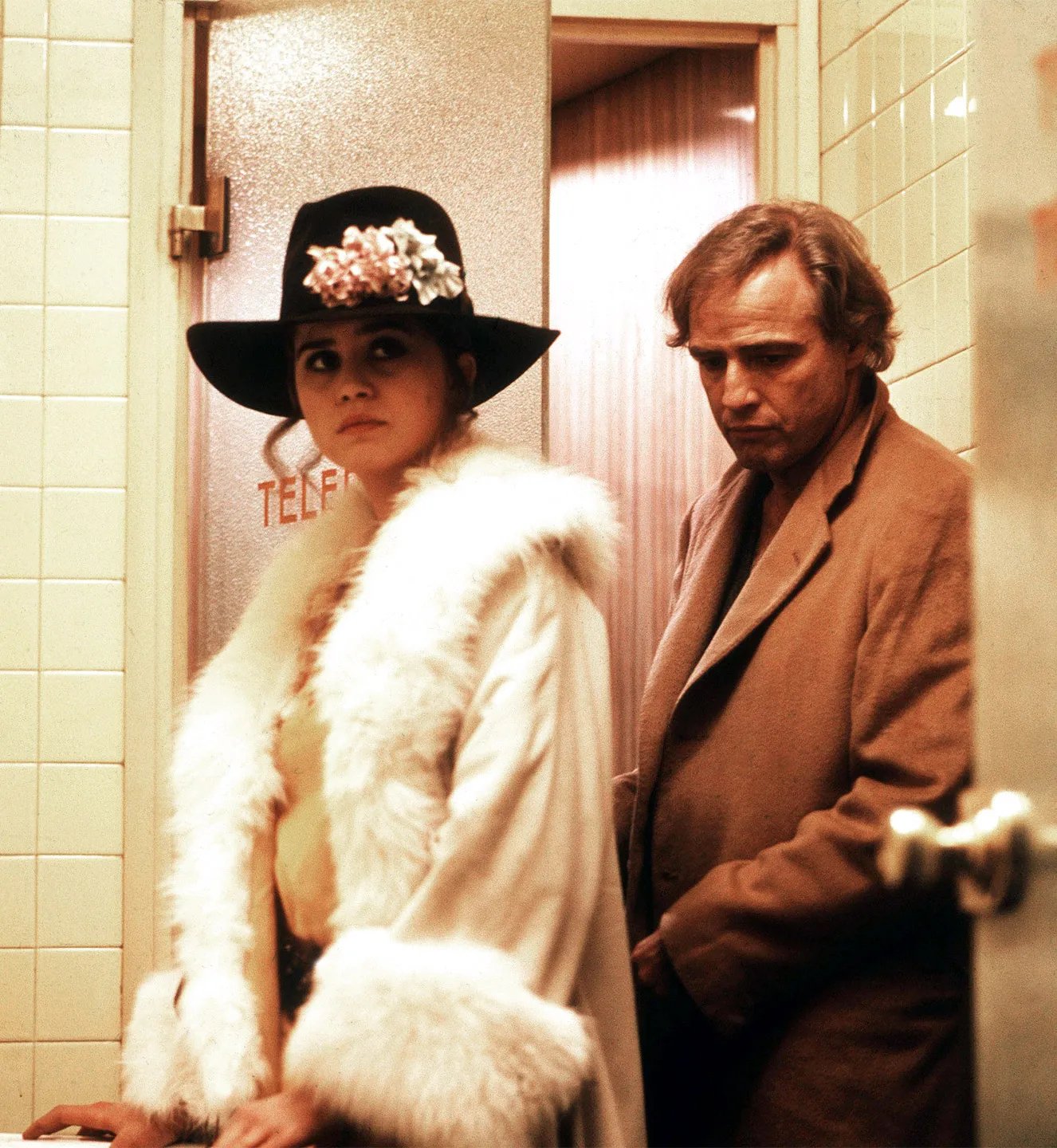Listen to this episode on Apple Podcasts or Spotify.
Here in 2022, there is more public conversation about the nuances of human sexuality–and sexual abuse and harassment–than at any time in modern history. And yet, sex has all but disappeared from mainstream American movies, most of which would pass the sexual standard set by the strict censorship of the Production Code of the 1930s.
This season of You Must Remember This will explore the relatively brief period, beginning in the 1970s and ending around the end of the millennium, when Hollywood movies explored the sexual lives, mores and fantasies of adults with degrees of candor, realism and imagination not seen before or since. Why did genres like the erotic thriller, body horror, neo-noir and the sex comedy flourish in the 80s and 90s, what was happening culturally that made these movies possible and popular, and why did Hollywood stop taking sex seriously?
This season will unfold in two parts: Erotic 80s, beginning today, and after a brief summer hiatus, Erotic 90s in the fall. Each episode will examine a single year, and one or more films that share a genre, a theme or a star, with topics ranging from the politics of porn, to the first camcorder sex tape scandal, to the sexualization of teens to Hollywood’s lingering fear of interracial coupling. Some of the stars and filmmakers whose work we’ll explore include Tom Cruise, Richard Gere, Sharon Stone, Julia Roberts, Stanley Kubrick, Brian DePalma, and much, much more.
In 1968, the Production Code gave way to the ratings system, and the brief legitimacy of the X-rated movie. Today we’ll focus on two massive, X-rated hits released within a year of one another in 1972-1973: Deep Throat, the first hardcore porn movie to become a mainstream blockbuster; and the international art film sensation Last Tango in Paris. Both of these hits were products of a male-centered sexual revolution, and both of their female stars later described making these movies as equivalent to being raped. We’ll talk about how both films gave Hollywood permission to intermingle sex and violence in the name of both profits and art, and how both have been reassessed as documents of violence against women.
SHOW NOTES:
Sources:
The Other Hollywood by Legs McNeil
What Wild Ecstasy by John Heidenry
Screening Sex by Linda Williams
Ordeal and Out of Bondage by Linda Lovelace
Last Tango in Paris (BFI Modern Classics) by David Thompson
Playboy, February 1980 and July 1980
From the June Mazer Lesbian Archives: WAVAW
“How a Rolling Stones Ad Spawned a Music Industry Revolution” by Annie Zaleski April 23, 2016
Interview with Maria Schneider by Jackie Buet, Elisabeth Jenny.Créteil Films de Films, 2001
“I felt raped by Brando” The Daily Mail, July 2007
“Real Sex: Aesthetics And Economics Of Art-House Porn” by Jon Lewis, Jumpcut
Please note: as an Amazon Associate Karina earns from qualifying purchases made when you click the links above. #ad
Music:
The music used in this episode, with the exception of the intro, was sourced from royalty-free music libraries and licensed music collections. The intro includes a clip from the film Casablanca.
Excerpts from the following songs were used throughout the episode:
"Rumoi Night" - Kokura Station
"Ion Cruiser" - Kokura Station
"Pxl Htra" - The Fence
"The Killjoy Brothers" - Kittyhawk
"Four Cluster" - Fornax
"Single Still" - Vermouth
"Levander Crest" - Reflections
"Readers Do You Read" - Chris Zabriskie
Credits:
This episode was written, narrated, and produced by Karina Longworth.
Our editor this season is Evan Viola.
Research and production assistant: Lindsey D. Schoenholtz.
Social media assistant: Brendan Whalen.
Logo design: Teddy Blanks.




